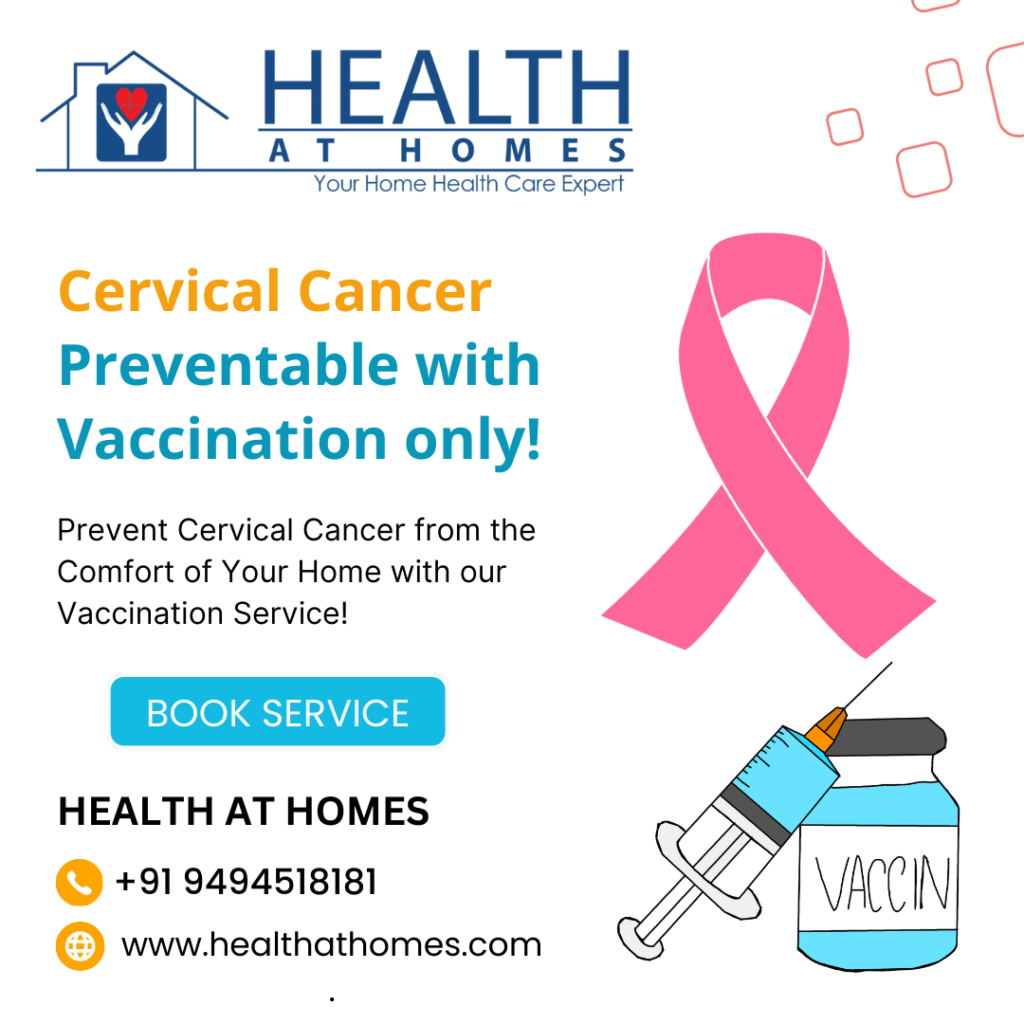
Cervical cancer is a type of cancer that affects the cervix, the lower part of the uterus that connects to the vagina. It is a significant health concern for women worldwide, but with awareness and preventive measures, its impact can be reduced. In this blog post, we’ll delve into the causes, symptoms, and prevention of cervical cancer to empower individuals with knowledge and promote early detection and intervention.
Causes of Cervical Cancer:
The primary cause of cervical cancer is infection with certain strains of the human papillomavirus (HPV), a common sexually transmitted infection. HPV infection is widespread, but only a few high-risk strains are linked to cervical cancer. Other factors that may increase the risk of developing cervical cancer include:
- Weakened immune system
- Smoking
- Multiple sexual partners
- Early sexual activity
- Lack of regular Pap smear screenings
Symptoms of Cervical Cancer:
Cervical cancer may not cause noticeable symptoms in its early stages, which is why regular screenings are crucial for early detection. As the cancer progresses, individuals may experience the following symptoms:
- Abnormal vaginal bleeding between periods, after intercourse, or after menopause
- Pelvic pain or discomfort
- Pain during sexual intercourse
- Unexplained weight loss
- Fatigue
- Changes in bowel or urinary habits
Prevention of Cervical Cancer:
Preventing cervical cancer involves a combination of vaccination, screening, and lifestyle modifications. Here are some key preventive measures:
HPV Vaccination: The HPV vaccine is highly effective in preventing infection with the high-risk strains of HPV that cause cervical cancer. It is recommended for adolescents and young adults before they become sexually active.
Regular Pap Smear Screenings: Pap smear tests, also known as Pap tests or cervical cytology screenings, can detect abnormal changes in the cells of the cervix before they develop into cancer. Regular screenings can help detect cervical cancer at an early and treatable stage.
Safe Sexual Practices: Practicing safe sex, including using condoms and limiting the number of sexual partners, can reduce the risk of HPV infection and cervical cancer.
Avoiding Smoking: Smoking is associated with an increased risk of cervical cancer. Quitting smoking can help reduce this risk and improve overall health.






